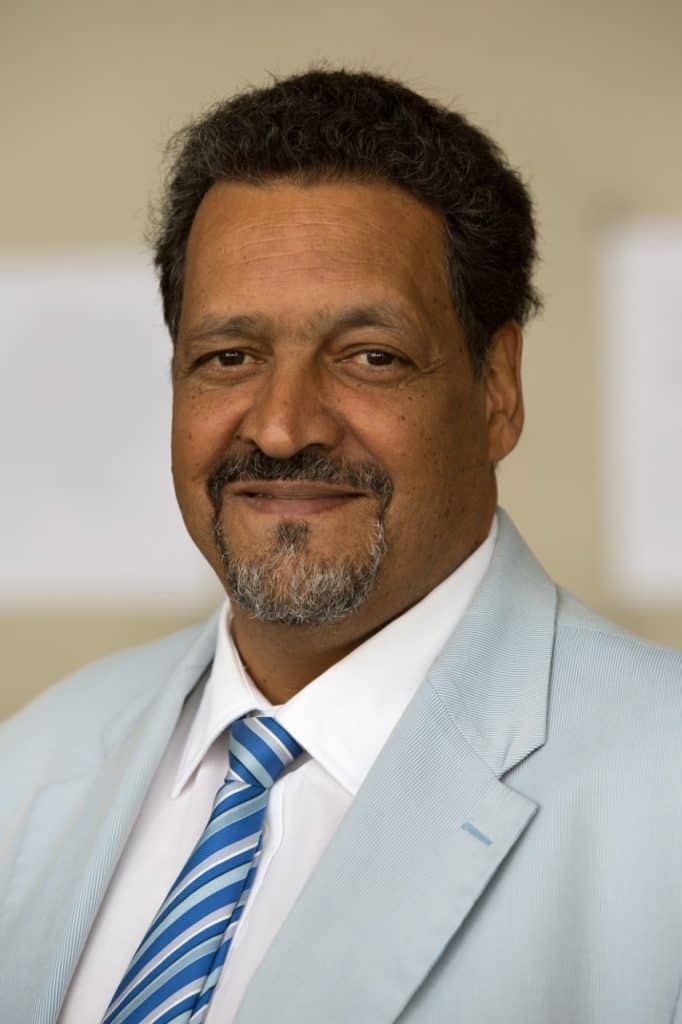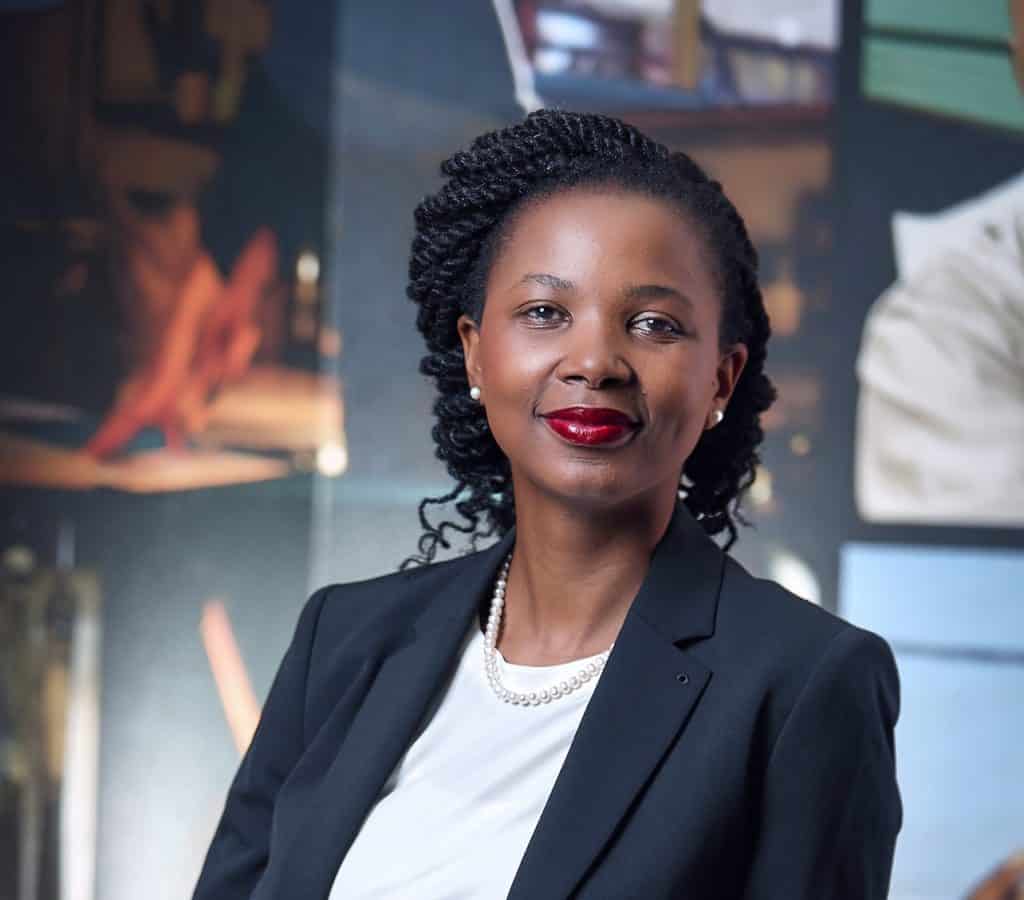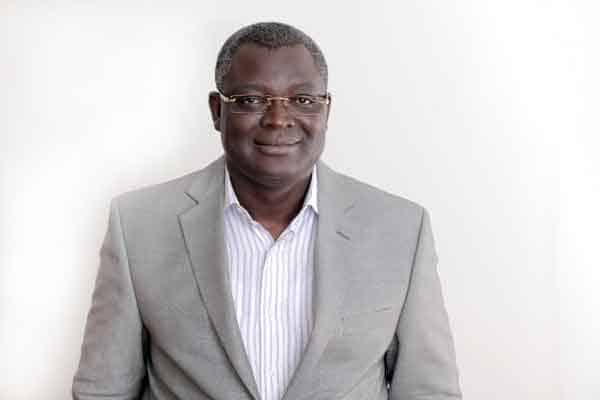Meet the Advisory Board: How Dion Chang believes CAPSI can serve as an enabler of the future of Africa
Discussions about the world of the future provide us with the opportunity to have progressive conversations but require the right mix of ambition, information and strategy in order to yield meaningful outcomes. Having a conversation with a person who is invested in understanding and conveying what lies ahead, allows individuals and organisations alike to gain clarity of their vision and plans. Dion Chang is one such person.
Dion is the founder of Flux Trends, a trend analysis consulting firm that specialises in distilling data into decision-making tools for business leaders in various sectors. Dion is also a member of our Advisory Board and describes himself as a walking ideas bank and professional cage rattler. He recently shared his reflections and thoughts around how CAPSI can serve as an enabler to the fields of philanthropy and social investment.
You may be asking yourself how philanthropy and trend analysis go hand-in-hand, or how social investment and planning for the future fit in the same sentence. They do so quite fluidly. Dion believes that CAPSI’s mandate of bridging the gap in the study, research and practice of philanthropy in Africa requires us to have an understanding of the continent’s history, while remaining curious of the future that can be built. With this we can develop the necessary skills and competencies to navigate the disruption that the future possibly holds. Furthermore, by leaving the ivory towers that academic and social development institutions once thrived in, CAPSI will be in a stronger position to better achieve its goals and bring about depth of meaning in its solutions.
By being proactively conscious of the future, we are able to operate with a lens that enables us to prepare ourselves and our partners for a rapidly changing world, in a sustainable and responsible manner. The sustainability lens challenges us in the sector to change the way that we approach to access to information in our societies, our channels of giving, mechanisms of distribution, support of advocacy and other supporting pillars. Dion understands that planning for development with the future in mind may allow us to accept the narrative that philanthropy and corporate social investment need to be an internal agenda as opposed to an external community-based series of activities. He challenges that traditional community activities that are executed as a compliance requirement yet do not take into consideration well-being of employees, volunteers and other stakeholders, present more harm than the positive message they convey.
He has spent an extensive amount of time studying Generation Z (Gen Z), the newest generation of citizens born between 1995 and 2015, who are currently between the ages of 5-25 years old. Research shows that Gen Z, the most digitally engaged generation, operate with a different set of values to other generations. For example, Gen Zs believe that brands should have a strong philanthropic mandate in their operations, while most of them desire to pursue entrepreneurial careers in favour of traditional employment. “Africa is a really young continent with enormous potential. By 2030, the Gen Z of today will be the entrepreneurs and business leaders of tomorrow. It’s therefore crucial that we develop new models and reframe philanthropy to drive us into the future.”
The question then becomes how we can use the information that we have about trends at play, the possible near future and the generation that will be leading us. How does this information enable CAPSI as we prepare to expand our competency through research, course work and other interventions?
Essentially, CAPSI is now able to pursue its mandate and progress with context that sustainability as a practice needs to be built into philanthropy while engaging a generation that holds the largest median of Africa that will form part of the philanthropy and social investment sector of tomorrow. “Taking 20th-century ideas into the future is not feasible. The trajectory of philanthropy will be driven by society’s desire to bring about change, seen in community and individual giving, volunteerism and similar activities,” says Dion.
We anticipate the philanthropists and social investors of the future to lead the sector with the blinkers off. To begin enabling the sector today for tomorrow, CAPSI will continue to serve as a source of knowledge, a cultivator of partnerships, and a catalyst for innovation and community engagement. We will do this in a manner that is cognizant of what is to come, in order to prepare the sector and its participants for the world of the future.





